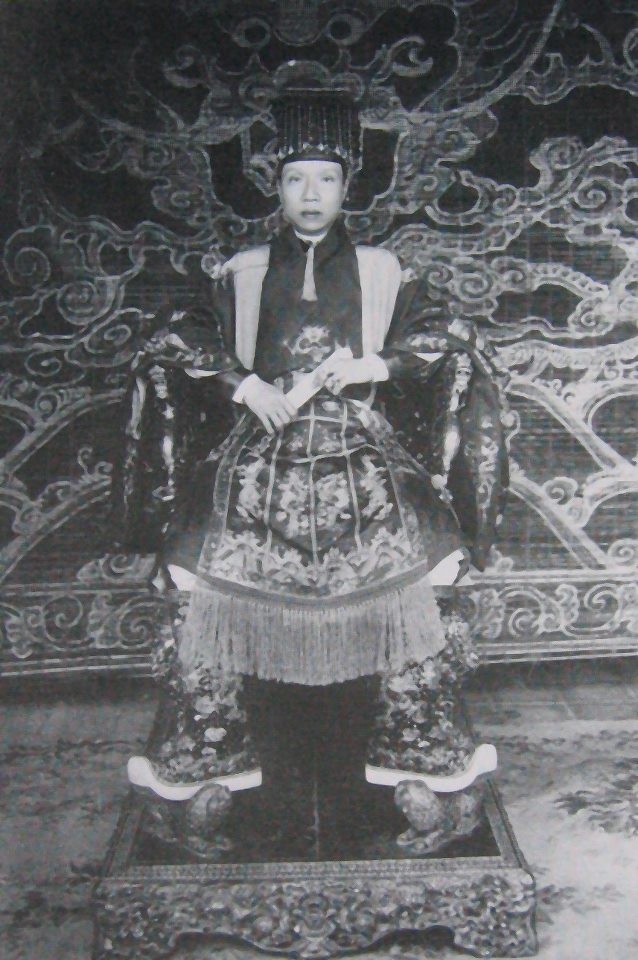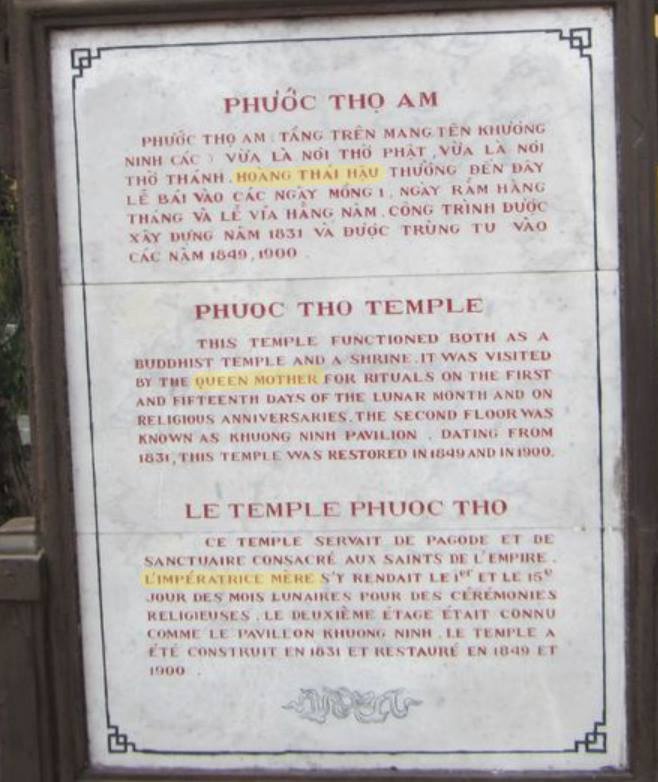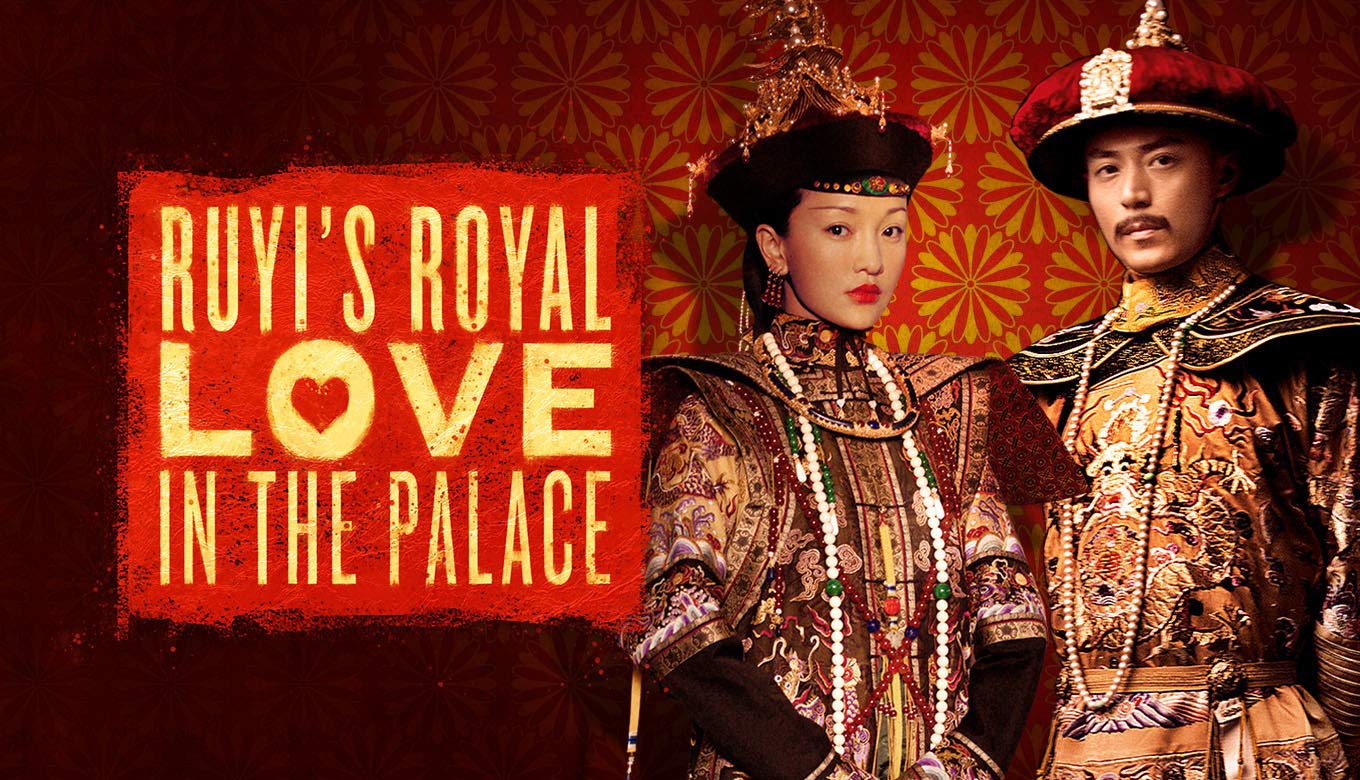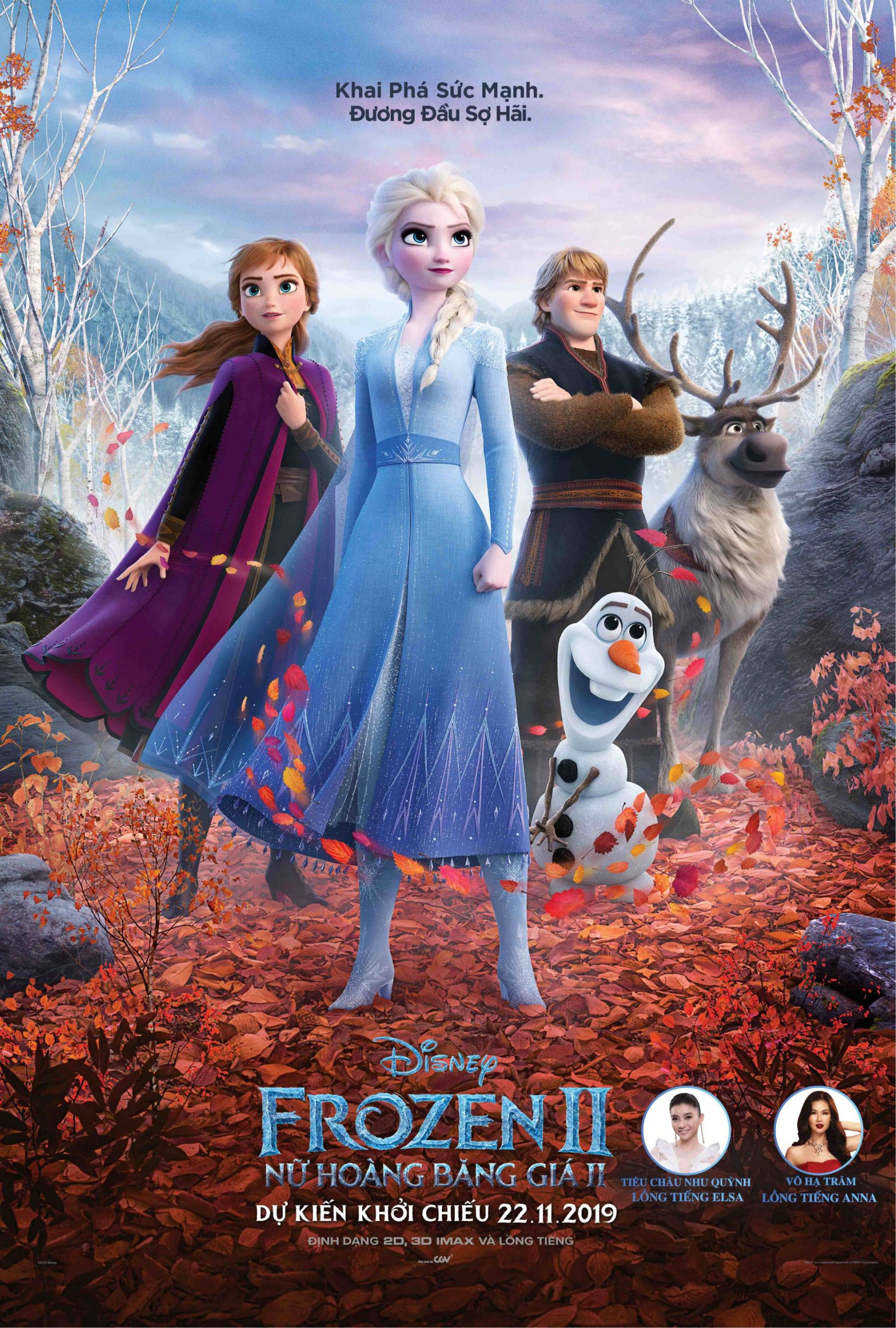This seems to confuse both Vietnamese and English speakers. The short answer is, Vietnamese call their rulers emperors, unless those rulers predated Đinh Tiên Hoàng (Vietnam’s first emperor). Vietnamese always call their rulers as either hoàng đế (“emperor”) or vua (“ruler”), never quốc vương (“king”). The problem arises when most Vietnamese think vua is synonymous with hoàng đế, when it is not. Vua refers to any ruler who reigns, therefore encompassing both king (quốc vương) and emperor (hoàng đế).

Emperor Khải Định wearing a twelve-tasseled crown, symbolizing imperial power; kings only wore nine-tasseled crowns, on par with brothers of the emperors and other princes
Historically, Vietnamese rulers were always hoàng đế (emperor), never quốc vương (king), unless referred to by the Chinese emperor. The only time when Vietnamese rulers were called kings was within the context of the Chinese emperor: a form of foreign politics. Within Vietnam as well as every other country, however, Vietnamese rulers were always emperor. Therefore, Vietnamese themselves always called their rulers emperors, unless they want to be executed for being traitor to the country.

Pictured above: a board in the Vietnamese imperial capital of Huế (not royal, just FYI) in three languages, Vietnamese, English, and French; Vietnamese calls her hoàng thái hậu (“empress mother”), but English calls her queen mother (“vương thế hậu”), which is a lower rank than hoàng hậu, but then French calls her impératrice mère (“empress mother”).
But why do so many Vietnamese conflate vua, quốc vương, and hoàng đế? Why can’t they differentiate between ruler, king, and emperor? The thing is most languages are like this. Unless in official documents, most common people do not care enough to differentiate them, especially within countries where monarchy no longer exists. This includes English.

A perfect example is the Chinese drama Ruyi’s Royal Love in the Palace. This is imperial China, and the film takes place in the imperial harem, so why is is called “Royal” Love, when royal references kingdom and not empire? The more proper name should be Ruyi’s Imperial Love in the Palace.
Or when some people call Empress Masako of Japan as the queen…

Back to Vietnamese, this mistake is rampant. Take a look at the Vietnamese Wikipedia page for the Korean drama Kingdom (2019).

Joseon dynasty of Korea, for most of its history, never claimed emperorship. Its rulers were wang (“king”), their wives were wanghu (“queen consort”), and their crown princes were seja (“royal crown prince”); and yet, Vietnamese translated the king as hoàng đế (“emperor”), the queen as vương hậu (“queen consort”), and the crown prince as thái tử (“imperial crown prince”). Notice how it’s not even consistent, when the queen is accurately titled, when the others are not…

…Until you scroll down and notice they now call the queen hoàng hậu (“empress consort”).
Chinese sometimes also make this mistake, elevating Joseon kings to emperors. However, Chinese rarely make these kinds of mistakes in their own languages, and always appropriately differentiate between royalty and imperialty.

Sadly, this mistake happens a lot in Vietnamese. Queen Elsa is called the Empress of Ice (Nữ hoàng băng giá), for example…

…Or when they call Elizabeth II as Empress of England (Nữ hoàng Anh), which they still do, by the way.

Also, drag queens are called nữ hoàng drag queen, which literally means “drag queen empress”, which is both redundant and not at the same time.

Unfortunately, this spreads towards how Vietnamese refer to their own rulers when speaking in English. They think “vua” only means “king” and “hoàng đế” means “emperor”, but “vua” can’t be “emperor”, which is completely false. This misconception won’t die down anytime soon, but I just hope more Vietnamese are aware of this. Most Vietnamese get angry when Chinese say their rulers aren’t emperors, and yet they call their own rulers kings, unintentionally demoting them to a lower status; quite hypocritical, no?

